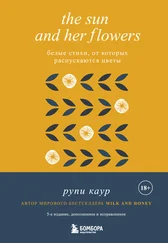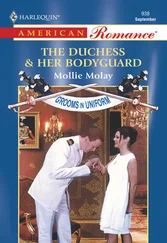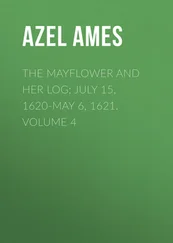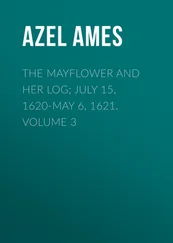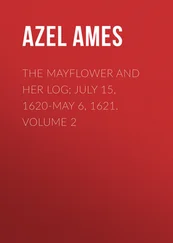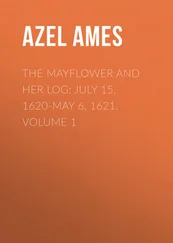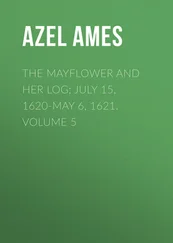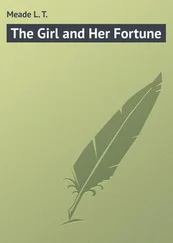The bodies were exhumed the next day. Two days later and I knew. Rufus was not among the dead there. Leo and my cousin Mel Duckworth were. But another three days passed before a Malay led the British to where Rufus had perished, it seemed at first of wounds. I, half a week widowed myself, became the consoler then.
We could have kept the flat in Melbourne indefinitely, and we did stick on in that place booby-trapped by memory until October, when Dotty used her influence to get on one of the troop ships returning to Britain after delivering Australian soldiers home. There was a not quite rational sense in which she was abandoning me, and although neither of us raised the idea it would sometimes enter between us and make us awkward. I saw her off on her troopship from Port Melbourne, and then packed up quickly and went to Sydney, since it was to me a city unsullied by events. I was lucky to find a small flat and there, before Christmas, I received a visit from a thin young officer named Captain Gabriel, a survivor of Japanese imprisonment who had now been given the duty of investigating the enemy’s crimes against Leo’s party.
At the time I was trying to be brave for Leo’s sake – Leo’s presence still so strongly abided that I would sometimes forget that I had joined that venerable category known as War Widow.
The first visit Captain Gabriel made was to tell me the Japanese court-martial that condemned Leo and the others was specious, and investigations were afoot into its legality. The general responsible, Okimasa, had suicided, and others involved were under investigation for a number of other crimes as well. And I was nervous of Captain Gabriel, of how news he gave me, and questions he asked, would impose on me revised duties of grief and vengeance when I found it hard enough still to bear the initial grief and anger of discovering Leo had been executed. Gabriel himself remained earnest, dedicated and analytical, seeming more haunted than angry. I was outraged and consoled by one detail in particular. He told me that he had interviewed a man named Hidaka, an interpreter who seemed to have made friends with Leo and the others, and had brought them sweets and tobacco right up to the end. I could see them all sitting around, their jaws swollen with Chinese lollies Hidaka gave them, Amanetto, Yokan, Daifuku. This stood as a substantial item of mercy in opposition to the blades of the Japanese NCO’s swords.
As for the rest I had been stopped in place by the news of Leo’s execution. The truth I was ashamed of was this: I did not want any minor and peripheral information about it all. What could adjust the fact? When I dared look at the idea of execution, I was dazzled and disabled by its vibrant blackness. Leo’s body was irreparably violated. That reality lay in the supposed paths of healing like an unnegotiable boulder. My curiosity was paralysed, and there was something in me that feared new knowledge, even if this state of mind was a disgraceful thing in a widow.
Captain Gabriel visited me twice. The second time, in 1947, was to tell me the execution of Leo and other Memerang men would not be the subject of a war trial, but that various judicial officers, including the president of the court, Sakamone, had killed themselves, and the NCOs who did the work of execution, including the one who made a botch of Leo, Judicial Sergeant Shiro Abukara, were all in prison, Abukara for life, for other acts of cruelty in Outram Road Prison in Singapore. What could a war crimes prosecution do about the mess the war had put us in? All this war crimes work, which Gabriel would end up spending three years on, and his superiors a half-dozen years or more, was to me nothing but the sort of pottering around the edge of a cauldron. Even two years after the war, the shameful truth was that I was happy to let it, them , all go. Since I was terrified that the more I heard, the more likely I was to find out some terrible, indigestible reality, I felt a bad wife.
I had been working as a secretary in the office of a hotel broker named Laurie Burden. The business was one his father had founded, and Laurie Burden had taken it over in early 1946, after he returned from England, where he had flown transport planes. He was a pensive young man, and rarely took a drink. I liked working for him. But I was aware of the entitlements of my widowhood, including the chance of a university education. I wanted to teach – it seemed that children, of whatever age, would totally absorb my time. Without Leo, I wanted a new self-definition. I felt that if I were stupefied and hypnotised in place by events, as had happen for the past two years, he would be posthumously displeased. Besides, I had a horror of being stuck without company on that island of widowhood – that description, War Widow, was so inadequate an explanation for the woman Leo had let me become.
Yet in another sense I suppose I unconsciously cultivated widowhood, writing verse about it, some of which Dotty got published in English literary mags. That poem of mine, ‘To the Beloved Missing in Action’, became a minor classic, much anthologised.
I did my degree and teacher training. Laurie Burden had remained my friend and attended the graduation. It was not until 1952 when I was teaching English to high-school girls at North Sydney that we became lovers, not moving to each other with the certainty which had been the mark of my life with Leo, but more like two wounded creatures trying not to hurt each other. For Laurie, as he ultimately told me, had certain bewilderments too. He had toured Germany with his father in 1935, a busman’s holiday during which they had visited all the leading hotels of Cologne, Munich and Frankfurt. Flying into those cities on transport missions, he had been appalled to find all the splendour reduced to such absolute rubble. Earlier in the war, he had his own brush with heroes when he delivered members of the specially trained leadership groups whose job was to gather Maquis units into powerful garrisons in the countryside. The fortified positions were prematurely taken up and were reduced by the enemy with great slaughter, from which few survivors emerged. Laurie lacked the urge to march through Sydney with his former comrades on Anzac Day because he did not see how it would help or even enlarge the spirits of the doomed fellows he had delivered to France.
I had been at work as a teacher for a few months when a woman named Rhonda Garnish, an angel of great inconvenience, visited me. The dreary and deadly Korean War was still going, nuclear threat pressed down from the sky and challenged our innocence, and the past war, vividly recalled by millions of its victims, was nonetheless on its way to becoming historical, an item of study.
Mrs Rhonda Garnish descended on me from the Northern Rivers Mail train. She had called me from the north coast, near Grafton, and said she needed to see me, and we made arrangements. I met her in Spit Road, Mosman, as she got down from the bus from town. She was a small woman, very pretty, with a plumpness which might take over in later years but which had a long way to go before it smudged her good looks. She managed her port tied up by two leather straps with a wiry strength, and when I shook hands with her, I could tell by the raspiness of her palm that she was a dairy farmer’s daughter.
But she was smart.
Listen, Grace, she told me on the street, holding me by both wrists, don’t let me talk you around. Just because I’m going to Canberra it doesn’t mean you have to. This is the right time for me to go, that’s all.
All right, I told her. We’ll talk about it at home.
Hey, I saw that write-up of your book of poetry in the Herald . Crikey. They thought the world of you. It made me think twice before I wrote you a letter. There’s another woman too, Mrs Danway.
Читать дальше


